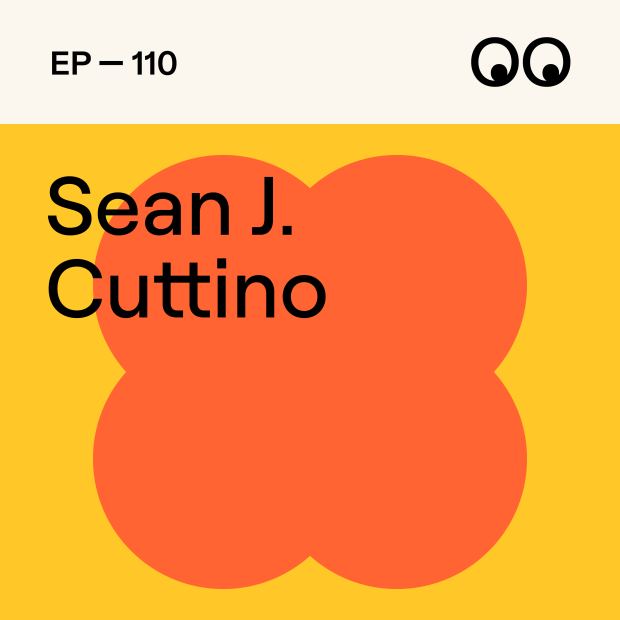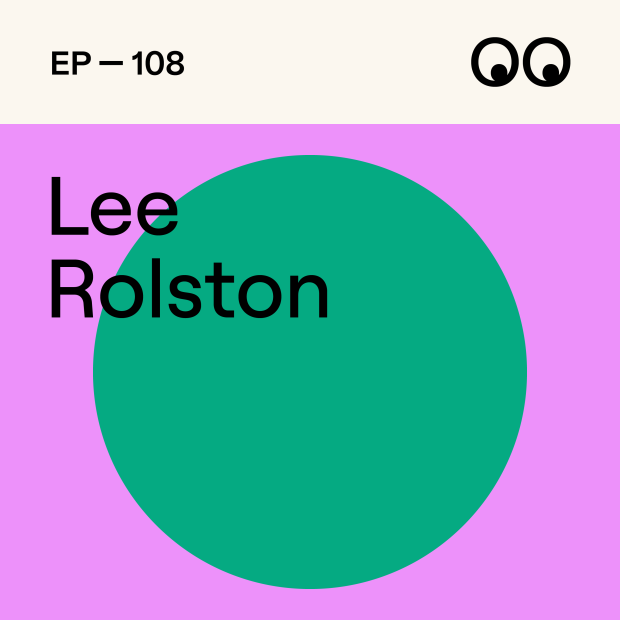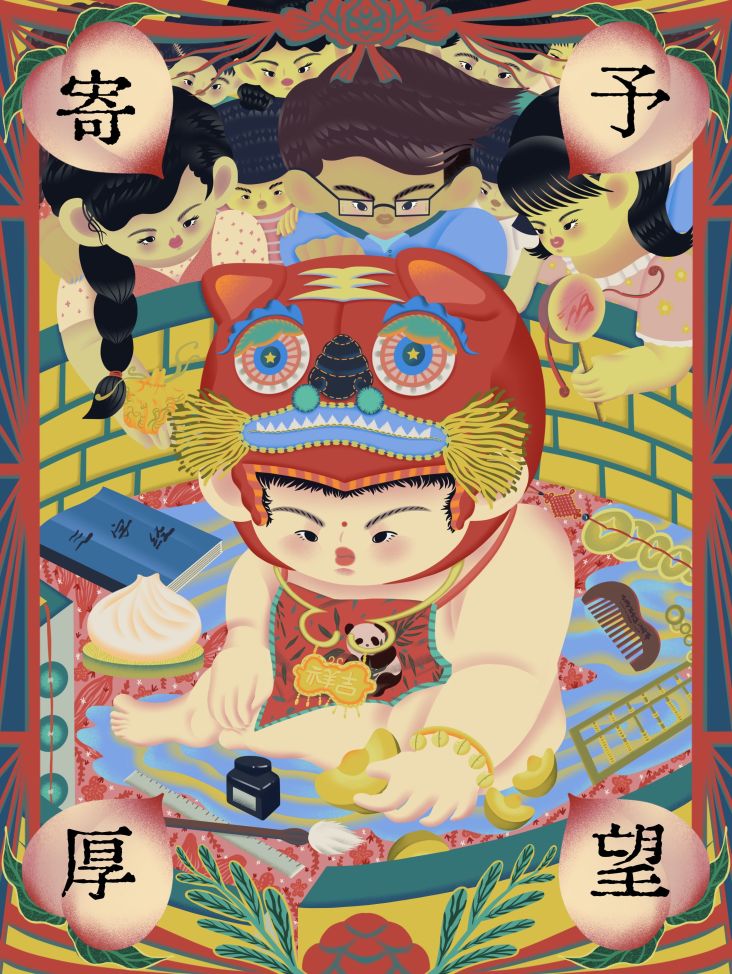Five steps to help you get over rejection and move forward
It really sucks to be rejected by a potential employer or freelance client. But if you reframe rejection as a learning opportunity, it can actually turn into a positive. Read on as we offer five tips to help diminish the emotional impact of rejection and use it to boost your career long-term.

Image licensed via Adobe Stock
Rejection is one of the most crushing things that can happen to you emotionally. Even when it comes from people you don't like or respect, it can absolutely knock you for six. Whether profound (being dumped by a partner) or casual (not getting invited for lunch by the office clique), rejection can make your entire world feel like it's collapsing.
Some people might berate themselves for taking things "so personally". But sensitivity to rejection is nothing to be ashamed of: it's how our brains have been designed by evolution. After all, in primitive times, being rejected by the tribe meant having to fend for yourself in an environment teeming with predators and likely early death. So fear of rejection, as a survival mechanism, makes a whole lot of sense.
Of course, we don't have to contend with sabre-toothed tigers these days. But rejection, and fear of rejection, is still an inevitable part of your career journey.
Whether you're a designer, developer, illustrator, photographer or any other creative professional, hearing "no" can be disheartening and terrifying. Especially if we're talking about how we earn our living, which is how we fund our food and shelter, ultimately linking back to that evolutionary survival impulse.
However, it's crucial to remember that in the creative industry of 2023, rejection doesn't mean you're being "cast out" and abandoned. And it's not really about people defining your worth or abilities. Instead, it's actually a regular part of how we work together as creatives and how we grow and develop. Put it this way: if you never experience rejection, you'll probably never reach your full potential as a creative.
By following these five steps, you can turn rejection into an opportunity and propel yourself forward in your career.
1. Don't take it personally... It's not a slight on you.
When faced with rejection, it's natural to internalise it as a personal failure. However, it's important to remind yourself that rejection doesn't reflect your value or potential. Clients or employers may have specific requirements or circumstances that don't align with your skills or availability.
The most obvious example is when another freelancer has done something extremely similar to the project in question, and you haven't. That doesn't mean they're better than you; it just means they were in the right place at the right time. And on another occasion, the roles may well be reversed.
So don't beat yourself up or spend time dwelling on self-doubt. Just move on to the next opportunity, and put all your energies into that instead.
2. Get feedback – ask why you didn't make the cut.
Feedback is a valuable tool for self-improvement. And so rejection isn't just a negative thing: it's also a positive thing, as a way of gathering pointers on how to move your career and craft forward.
Most people won't give feedback unless asked, though. So always take the initiative to ask yourself. This will not only help you understand their perspective but also provide you with valuable insights into areas where you can enhance your skills or approach.
So reach out to the person you want to be your client or employer and inquire about the reasons behind their decision. Don't be defensive or pushy; just politely say something like: "Thanks so much for the interview opportunity. I'd really appreciate it if you could share some of the reasons why I was unsuccessful, so I can work on developing my skills for the future."
Who knows: this might even lead you to be invited back at a later date. This happened to an art editor I know, who was unsuccessful in her first job interview but was hired a few months later when the original person didn't work out. The employer in question specifically told me they were impressed she'd asked for feedback (the only applicant who did) because it showed a bit of gumption and passion for the job.
3. Remember that everyone goes through rejection.
We're always comparing ourselves to people who are more successful than us, and it's easy to believe that successful individuals never face rejection, but that couldn't be further from the truth. The most renowned people have encountered their fair share of "no's" along the way.
As a child, Einstein was thought of as lazy by his teachers and was rejected by every college he applied for. Steven Spielberg was rejected by the USC School of Theater, Film, and Television multiple times. Walt Disney was fired by his newspaper editor because he "lacked vision". The Beatles were rejected by a number of record companies, including Decca Records, who told them "guitar groups are on the way out".
Chat with any speaker at a creative conference, and you'll hear similar stories. The lesson is that success results from a combination of luck, hard work, and determination. No one finds success first time.
Embrace this wisdom and understand that rejection is a common thread in every freelancer's journey. And rather than letting it bring you down, use it as motivation to persevere and keep striving for your goals.
Success results from a combination of luck, hard work, and determination. No one finds success first time. Embrace this wisdom and understand that rejection is a common thread in every freelancer's journey.
4. Talk to someone, don't dwell on it alone.
Rejection can feel isolating, but remember you're not alone in experiencing it. So reach out to someone you trust – a friend, mentor, or fellow freelancer.
It's tempting to do the opposite: keep the rejection to yourself and bottle up your feelings. This impulse is based on the idea that you don't want people to see you in a bad light, as a "failure". But they simply won't. As we've just mentioned, everyone gets rejected all the time. So be honest, and you're sure to find a sympathetic ear.
Discussing your feelings and the rejection experience with others is also a great opportunity to hear fresh perspectives and valuable advice. The people you spill to will often share their own stories of rejection and how they overcame them, reminding you that even the biggest creative stars faced obstacles on their path to success.
5. Turn rejection into opportunity.
Rejection can be a powerful catalyst for growth if you're willing to reframe it. Instead of dwelling on the negative, seek opportunities within rejection itself.
Take the time to reflect on what you've learned from the experience, the feedback you received, and the areas you can improve upon. Use this newfound knowledge and motivation to refine your skills, expand your network, or explore new avenues for your freelance career.
Rejection is integral to our career journey, but it doesn't have to be a roadblock. By adopting a positive mindset, seeking feedback, seeking support from others, understanding that rejection is universal, and using rejection as a stepping stone for growth, you can navigate through rejection and propel yourself forward.
Remember, success is built upon resilience, perseverance, and the ability to transform setbacks into opportunities. Embrace rejection as a chance to refine your craft, and you'll be well on your way to reaching your career goals.
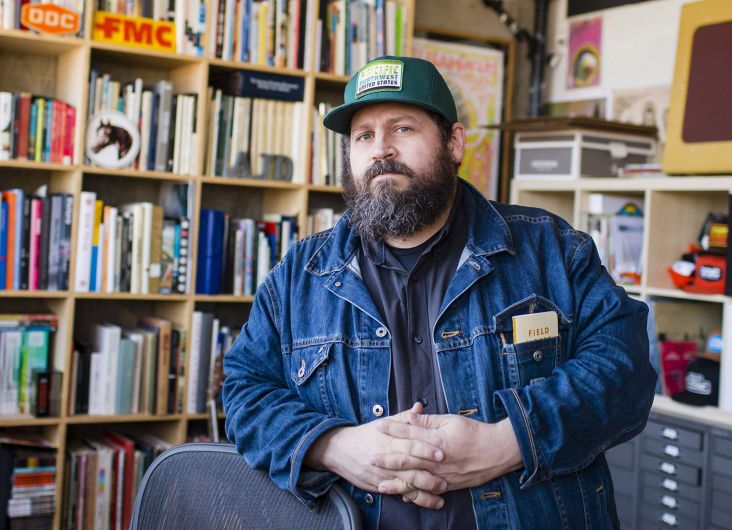






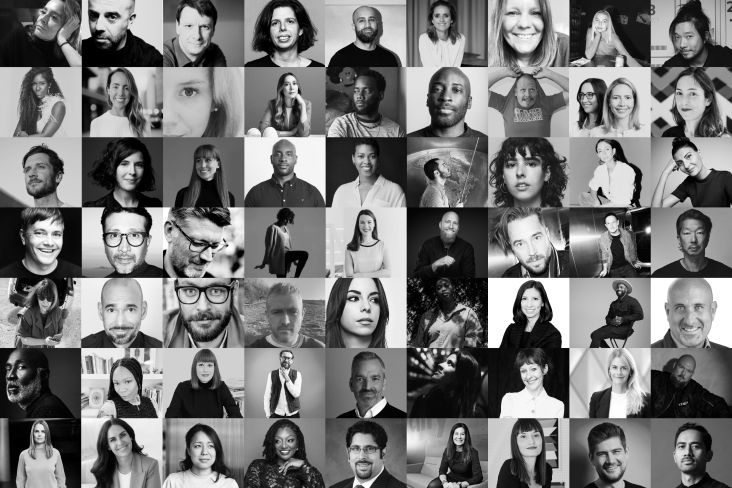
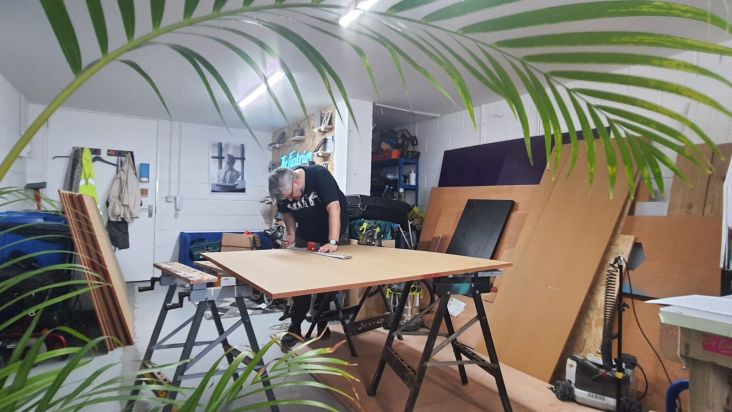
](https://www.creativeboom.com/upload/articles/86/862919952c0ad18439004228895a431dc6e45ffc_732.jpg)
